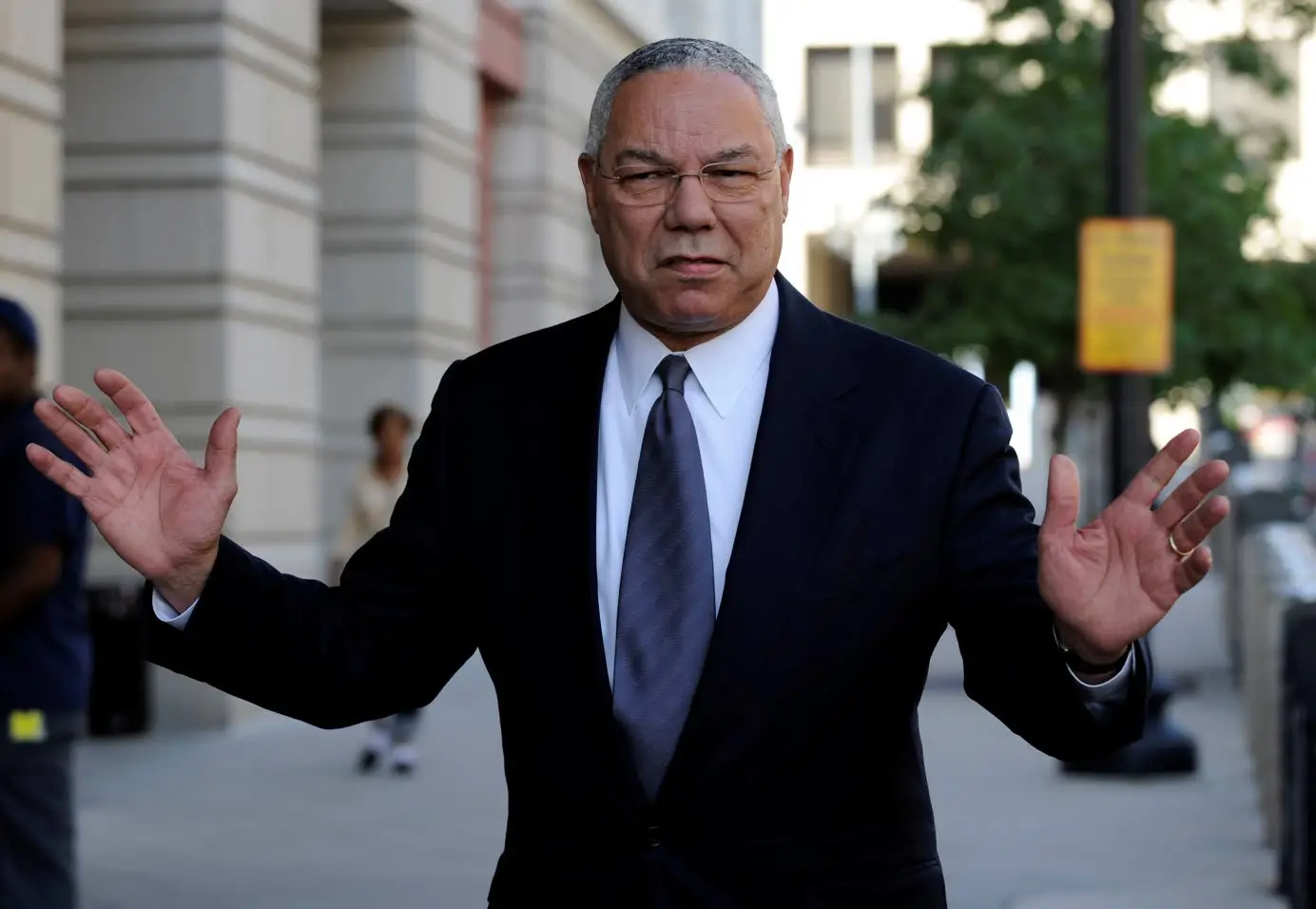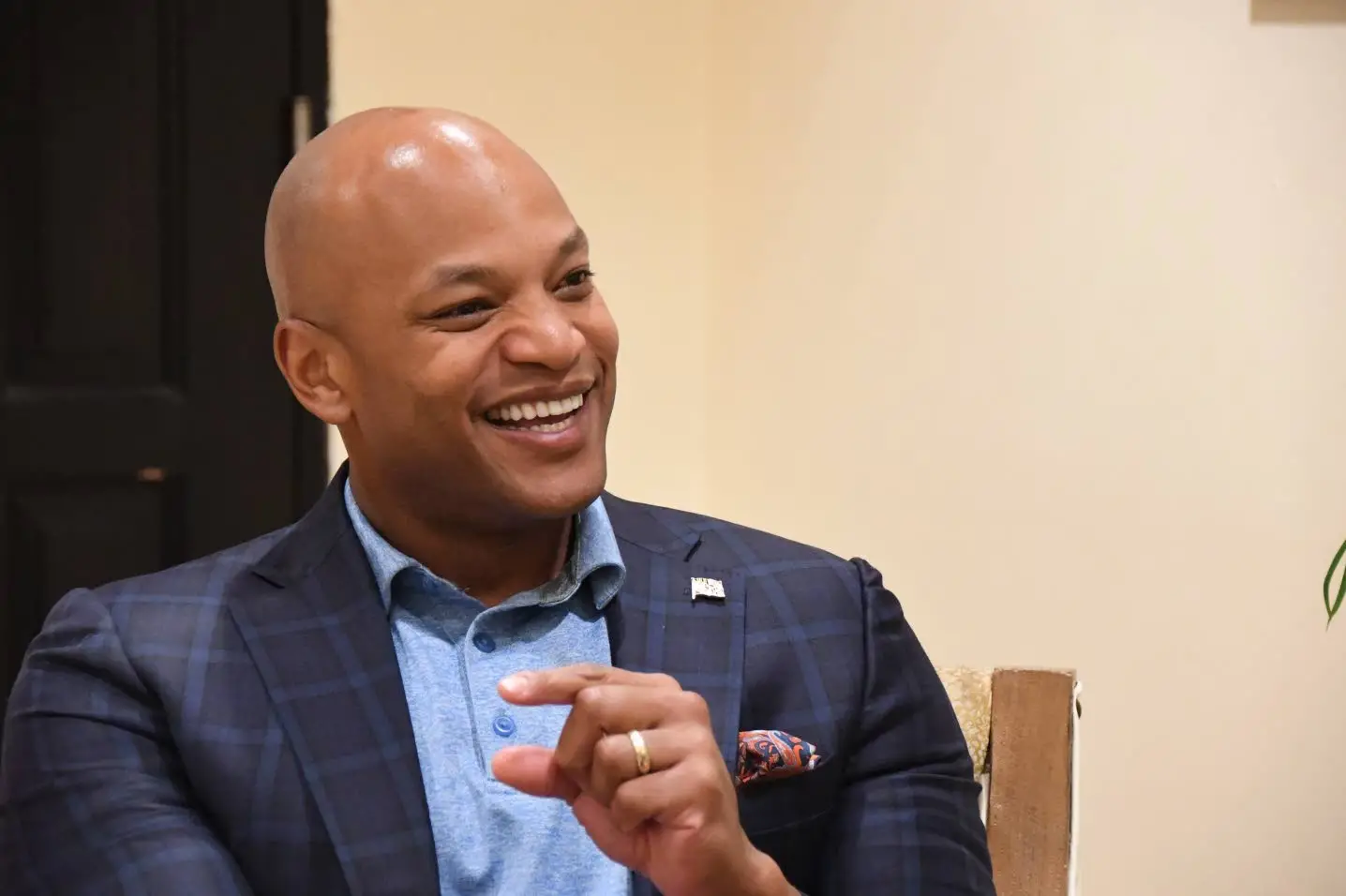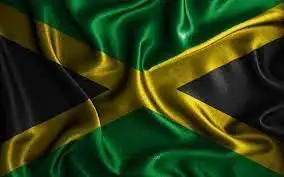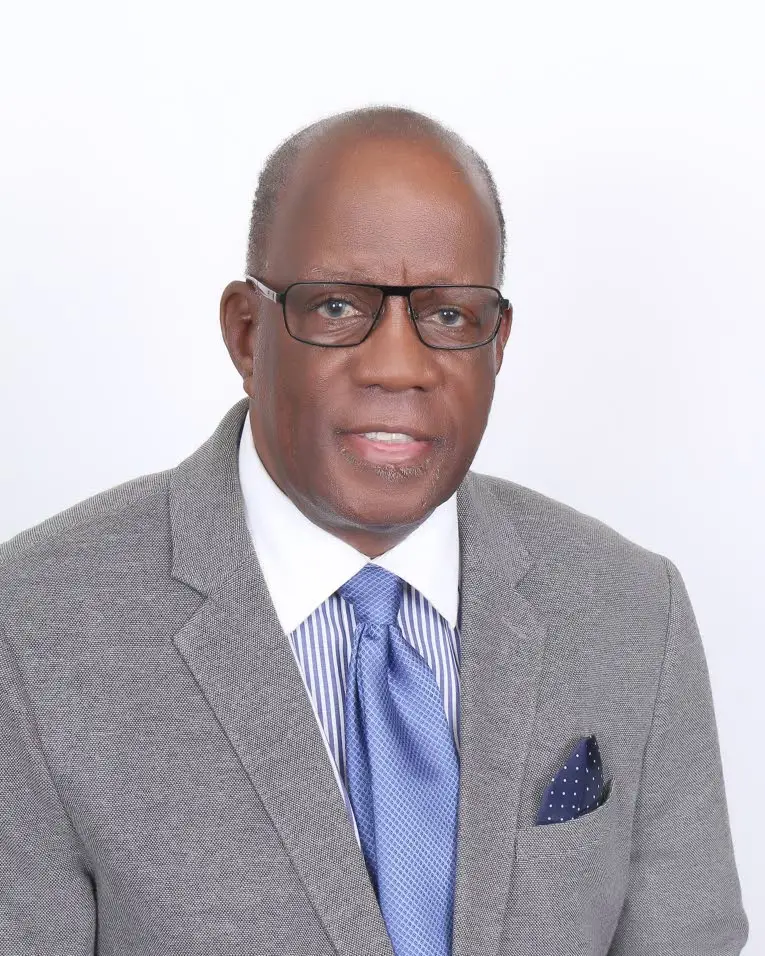
Kamala Harris’s Jamaican Achilles heel
Back when I was a student at what is referred to as a historically black college in the then racially polarised American South, being a Jamaican was a distinct advantage.
If you were a Nigerian and wanted the prettiest girl on campus, say you are a Jamaican. If you were a Guyanese and the police held you, say you are a Jamaican. If you were from a small island and the Ku Klux Klan or some bad men threatened you, shout at the top of your voice, “I am a Jamaican.” Jamaicans were as much feared as they were respected.
I doubt much has changed since then, except that the cool factor has been added. Bob Marley; Usain Bolt; the culture, including music, dance, Rastafari, ital, weed, and the mode of dress have taken over to the point that it is sometimes hard in America to identify who is a Jamaican on appearance alone. The power of Brand Jamaica extends even further. Black Americans who have Jamaican blood are eager to identify with their Jamaican roots as doing so gives them a distinctive persona, which can work to their advantage. Two examples will suffice.
Wes Moore is a ‘Jamerican’ who celebrates his roots. Born to a Jamaican mother, he is the third black man to be elected governor in the United States and the first in the state of Maryland. Last year Moore was guest speaker at the University of the Commonwealth Caribbean (UCC) graduation. He gushed with unfeigned and unrestrained pride in talking about his Jamaican heritage.
The late Colin Powell was born in New York City to Jamaican parents. He rose to the rank of four-star general in the US army and joint chiefs of staff chairman, the highest position in the US Department of Defence. In his book titled My American Journey, he credited the values that were instilled in him growing up in a Jamaican home for his rise to influence and power.
It is puzzling, then, that Kamala Harris, the Democratic Party nominee for president, speaks glowingly about her long-deceased mother, Dr Shyamala Gopalan, an immigrant from India, but hardly a word about her father, Professor Donald Harris, a native of Jamaica, who is still very much alive. Even if it is true that the retired and seemingly eccentric octogenarian wishes to avoid the glare of the spotlight from his daughter’s ascendancy to the highest seats of political power, in the most powerful nation on earth, this is more than strange.
Sensing that the Jamaican connection is her proverbial Achilles heel or weakness, which she speaks infrequently and uncomfortably about, Donald Trump, Harris’s political nemesis, who is also vying for the presidency, threw a spanner in the works by saying he always knew that she was an Indian American and only recently learnt that she is a black American. With little else to disrupt the momentum, Harris is gaining in the polls. Trump is, therefore, sure to continue using this ploy, which has overt racial tones, as the proverbial thorn in the flesh as he tries to win over the black vote.
There is enough on the internet and in the public domain for everyone to know of the bitter divorce and child custody battle between Donald and Shyamala when Kamala was just six or seven. There is probably a lot of hurt behind that pretty smile of hers, which could explain the apparent iciness in the relationship between father and daughter. But it is not enough to completely mask the fact that there is an abiding admiration between the two.
Writing in The Washington Post newspaper three years ago, she said the following, “My father, like so many Jamaicans, has immense pride in our Jamaican heritage and instilled that same pride in our Jamaican heritage in my sister and me. He taught us the history of where we’re from, the struggles and beauty of the Jamaican people, and the richness of the culture. We love Jamaica.”
For his part, Professor Harris, in a 2018 essay, wrote openly about the proverbial fork in the road, saying it “came to an abrupt halt in 1972” after losing “a hard-fought custody battle in the family court of Oakland, California”. He explained, “Nevertheless, I persisted, never giving up on my love for my children or reneging on my responsibilities of being their father.”
That Harris identifies as a black American of Jamaican ancestry on her paternal side is not in doubt for those who followed the early days of her storied career. Missteps in how she has handled the public relationship with her father, whose surname she continues to bear, and black America has produced negative side effects.
In focus groups and on social media, black American men, especially, are increasingly following the Trump line, saying she has never identified as one of them. Harris is going to need to increase support among that important voting bloc from the current 70 plus per cent to the ninety plus per cent level of the Barack Obama era to improve her chance of beating the irascible Trump in a close race.
Should Harris, then, play the race card? In politics, as in life, if one fails to frame oneself, the enemy or opponent will do it.
Dr Henley Morgan is founder and executive chairman of the Trench Town based Social Enterprise, Agency for Inner-city Renewal, and author of My Trench Town Journey — Lessons in Social Entrepreneurship and Community Transformation for Development Leaders, Policy Makers, Academics and Practitioners. Send comments to Jamaica Observer or hmorgan@cwjamaica.com




























